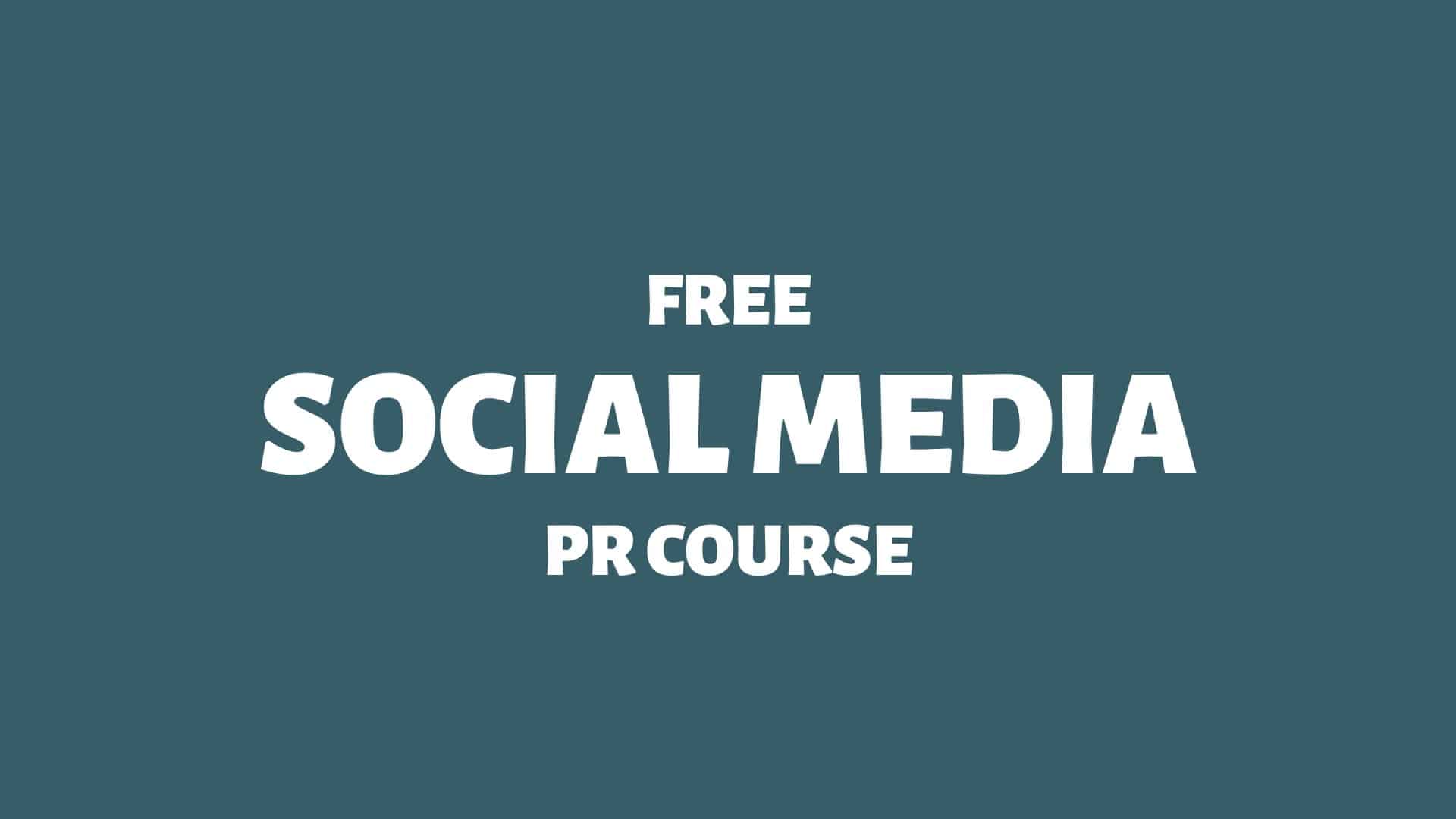Will we forever remain the selfie generation?
I love social media, but despite “here comes everybody,” it can be a lonely place.
Will we figure out what it means to be grownups on social media? Or will we remain infantilised “kidults”?
Here we go:
The Selfie Generation
I turned 30 in 2009 and spent the following decade experiencing a social media universe dominated by teens and 20-somethings.
Sure, new trends are exciting, but still.
I love social media—just not all of it.
Welcome to the internet.
I could do without motivational quotes, bathroom selfies, impossible ping-pong trick shots, wingtip sunsets, Instagram teen models, jet-set lifestyles with filter packs, keeping up with reality superstars, LinkedIn networking threads, Tik Tok pranks, butt posing in yoga pants, baby pictures, MrBeast, Twitch streamers speaking in baby voices, man-buns making perfect cups of coffee, rampant Twitter debates, and snapshots of feet on beaches.

I’ve since loathed seeing otherwise mature, intelligent, middle-aged friends do duckface selfies in front of their bathroom mirrors — or weirdly flexing about their latest triathlon training session. 1Silfwer, J. (2021, August 10). Online Wannabeism. Doctor Spin | the PR Blog. https://doctorspin.net/online-wannabeism/
A Generation of Kidults
We’re a generation of adults who don’t know what it means to be grownups on social media. We’re “kidults.”
“Being young today is no longer a transitory stage, but rather a life choice, well established and brutally promoted by the media system. While the classic paradigms of adulthood and maturation could interpret such infantile behavior as a symptom of deviance, such behavior has become a model to follow, an ideal of fun and being carefree, present in a wide variety of contexts of society. The contemporary adult follows a sort of thoughtful immaturity, a conscious escape from the responsibilities of an anachronistic model of life. If an ideal of maturity remains, it does not find behavioral compensations in a society where childish attitudes and adolescent life models are constantly promoted by the media and tolerated by institutions.”
Source: ResearchGate 2Bernardini, J. (2014, June 30). The Infantilization of the Postmodern Adult and the Figure of Kidult. ResearchGate. … Continue reading
Some take the route of being omnipotent multi-experts who are fiercely opinionated about everything. Others try to save the world by organising themselves around the central task of shaming others publicly. Some try too hard to impress others by self-promoting their personal life choices. 3Silfwer, J. (2022, September 6). Social Media — The Good, the Bad, and the Ugly. Doctor Spin | The PR Blog. https://doctorspin.net/social-media/
Others opt out. Some of us censor ourselves in fear of social isolation, opinion corridors, and mighty echo chambers. 4Silfwer, J. (2023, December 15). Echo Chambers: Algorithmic Confirmation Bias. Doctor Spin | The PR Blog. https://doctorspin.net/echo-chambers/ 5Silfwer, J. (2020, June 4). The Spiral of Silence. Doctor Spin | the PR Blog. https://doctorspin.net/spiral-of-silence/
“To me, it’s just one symptom of a broader trend of infantilisation in Western culture. It began before the advent of smartphones and social media. But, as I argue in my book “The Terminal Self,” our everyday interactions with these computer technologies have accelerated and normalised our culture’s infantile tendencies.”
— Simon Gottschalk, professor of Sociology at the University of Nevada
How To Be a Grownup on Social Media
We resort to clickbait, humble bragging, and virtue signalling in our desperate search for likes. 6Silfwer, J. (2023, November 22). The Anatomy of Attention. Doctor Spin | The PR Blog. https://doctorspin.net/attention/
To me, it all seems… lonely.
“A status update with no likes (or a clever tweet without retweets) becomes the equivalent of a joke met with silence. It must be rethought and rewritten. And so we don’t show our true selves online, but a mask designed to conform to the opinions of those around us.”
— Neil Strauss, Wall Street Journal
But it’s never too late to be a grownup on social media:
But First, Let Me Take a Selfie
I think of social media behaviours as I ponder the varying levels of emotional maturity among my peers in the selfie generation. I feel sorry for us.
Getting sucked into a maelstrom of clickbait and humblebrags is mentally taxing.
Imagine if we, at least those who consider ourselves adults and wish to opt out of the selfie generation, could shift our approach to social media. Wouldn’t that be something?
Sounds great, I think.
But first, let me take a selfie.
Learn more: The Selfie Generation
The Narcissistic Principle
“People want to be loved; failing that admired; failing that feared; failing that hated and despised. They want to evoke some sort of sentiment. The soul shudders before oblivion and seeks connection at any price.”
— Hjalmar Söderberg (1869−1941), Swedish author
When we share on social media, we share for a reason. And that reason typically has something to do with… ourselves:
It’s the narcissistic principle behind why we share on social media.
The narcissistic principle = when we share or engage on social media, we mainly share aspects of ourselves — because that’s what we care about most. 7Silfwer, J. (2012, July 16). The Narcissistic Principle. Doctor Spin | The PR Blog. https://doctorspin.net/narcissistic-principle/
If you can get social media to work for you, great.
Make the most of it.
However, we should all be mindful not to let the “online pressure cooker” get the better of us.
“A status update with no likes (or a clever tweet without retweets) becomes the equivalent of a joke met with silence. It must be rethought and rewritten. And so we don’t show our true selves online, but a mask designed to conform to the opinions of those around us.”
— Neil Strauss, Wall Street Journal
Learn more: The Narcissistic Principle
Emotional Maturity and Social Media
How do we better understand the emotional maturity of the selfie generation? In The Secret of Maturity by Kevin Everett FitzMaurice, a maturity progression of six steps is outlined:
Level 1: Emotional Responsibility
Level 1 maturity means that you understand that your feelings are your choices. People who haven’t yet reached this level of maturity tend to blame their feelings on external stimuli, such as other people, places, things, forces, fate, and spirits.
Lacking emotional responsibility on social media: When people get easily offended, especially on behalf of others.
Level 2: Emotional Honesty
Level 2 maturity means understanding your feelings and having the coping mechanisms to allow genuine emotions instead of suppressing them. People who have yet to reach this level of maturity tend to hurt themselves emotionally because they have yet to learn how to cope with their inner emotions.
Lacking emotional honesty on social media: When people publicly paint themselves as victims of their feelings.
Level 3: Emotional Openness
Level 3 maturity means that you can be purposeful in venting your emotions with the intent to let them go because you’re done with them. People who haven’t yet reached this level of maturity tend to be insecure in knowing how and when to share their feelings.
Lacking emotional openness on social media: When people publicly overshare to wallow or are unaware that their sharing has the opposite effect than they were aiming for.
Level 4: Emotional Assertiveness
Level 4 maturity means that you take responsibility for clearly communicating your emotional needs with those who care about you. People who have yet to reach this maturity level tend to fear asking others to respect their emotional needs.
Lacking emotional assertiveness on social media: When people allow others to make them feel bad but cannot set whatever boundaries they need.
Level 5: Emotional Understanding
Level 5 maturity means you no longer force yourself into imaginary or convenient ideas about who you are and what you should feel. People who haven’t yet reached this level of maturity tend to have certain firm beliefs about themselves that stem from ideas or principles, not genuine emotions.
Lacking emotional understanding on social media: When people try too hard to virtue signal and project a false self-image, they only make themselves feel worse.
Level 6: Emotional Detachment
Level 6 maturity means you are detached from your ego, and nothing can no longer bother you beyond your control. People who haven’t yet reached this level of maturity tend to have certain self-concepts to defend or promote.
Lacking emotional detachment on social media: When people can’t truly appreciate living in a world where people make each other feel good and bad about things.

Learn more: Emotional Maturity and Social Media

THANKS FOR READING.
Need PR help? Hire me here.

What should you study next?
Spin Academy | Online PR Courses

Spin’s PR School: Free Social Media PR Course
Discover this free Social Media PR Course and master the art of digital public relations on social networks and platforms. Explore now for valuable insights!
Social Media Psychology
Social Media Management
Social Media Issues
Learn more: All Free PR Courses
💡 Subscribe and get a free ebook on how to get better PR.

Annotations
| 1 | Silfwer, J. (2021, August 10). Online Wannabeism. Doctor Spin | the PR Blog. https://doctorspin.net/online-wannabeism/ |
|---|---|
| 2 | Bernardini, J. (2014, June 30). The Infantilization of the Postmodern Adult and the Figure of Kidult. ResearchGate. https://www.researchgate.net/publication/291222595_The_Infantilization_of_the_Postmodern_Adult_and_the_Figure_of_Kidult |
| 3 | Silfwer, J. (2022, September 6). Social Media — The Good, the Bad, and the Ugly. Doctor Spin | The PR Blog. https://doctorspin.net/social-media/ |
| 4 | Silfwer, J. (2023, December 15). Echo Chambers: Algorithmic Confirmation Bias. Doctor Spin | The PR Blog. https://doctorspin.net/echo-chambers/ |
| 5 | Silfwer, J. (2020, June 4). The Spiral of Silence. Doctor Spin | the PR Blog. https://doctorspin.net/spiral-of-silence/ |
| 6 | Silfwer, J. (2023, November 22). The Anatomy of Attention. Doctor Spin | The PR Blog. https://doctorspin.net/attention/ |
| 7 | Silfwer, J. (2012, July 16). The Narcissistic Principle. Doctor Spin | The PR Blog. https://doctorspin.net/narcissistic-principle/ |




Social Media Mechanics